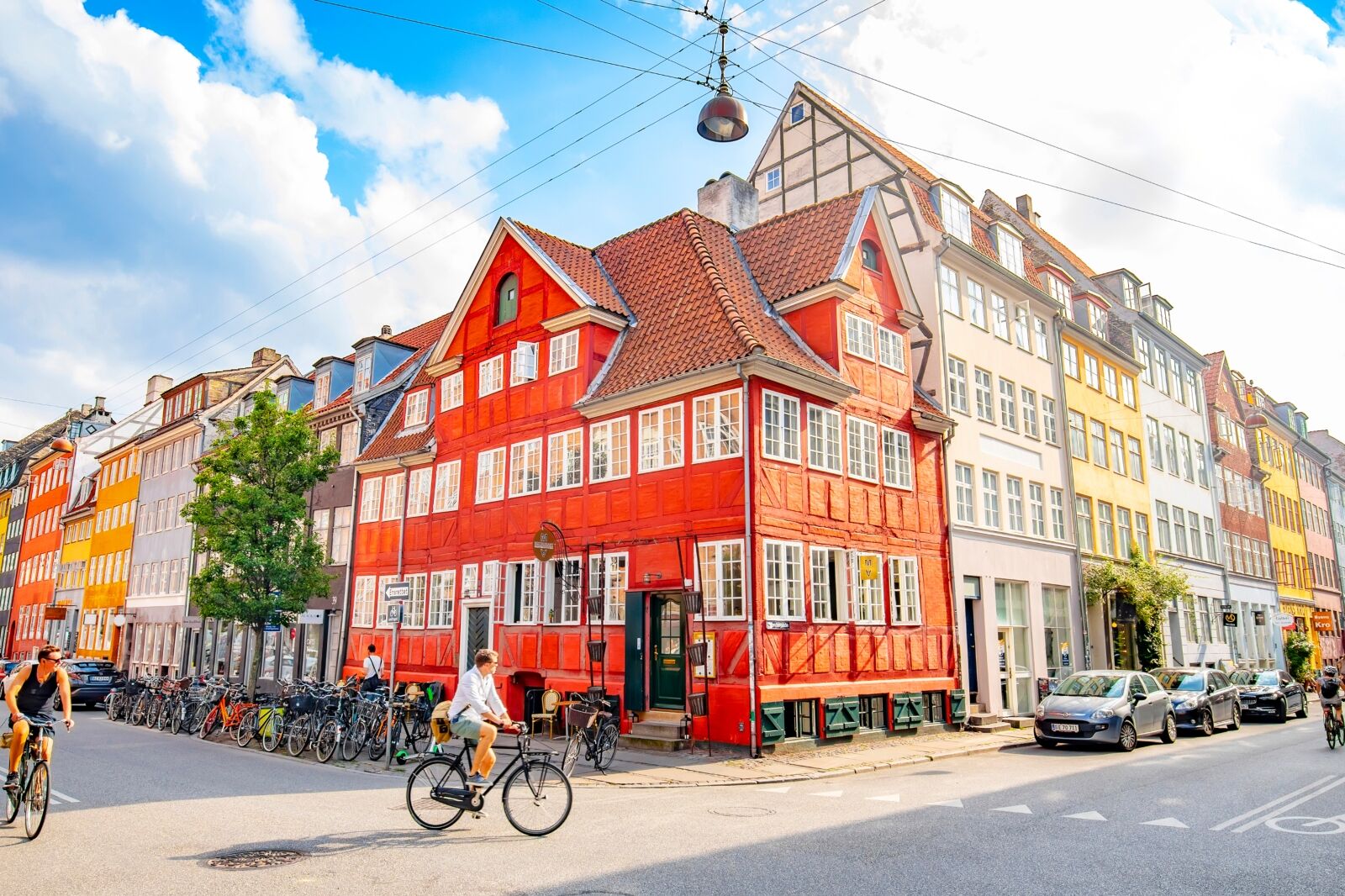Remote work used to be a luxury for the lucky few. People would grind for years in a job for the privilege of being trusted with a remote, work-from-anywhere position. Telling your friends you “WFH” was a brag-worthy, enviable perk. Not to take the shine off working from home in the US, but nowadays, it is as common as a positive COVID test. Partly thanks to lingering COVID-19-era work policies, and partly due to employers’ developing conception of work-life balance, and new digital nomad visa schemes, working outside the office has become the norm rather than the exception. That evolution means workers are now faced with unprecedented freedom — the freedom to travel more frequently, and perhaps take the opportunity to remote work abroad.


New Data Show the Best Countries in the World to Work Remotely
Compared to simply choosing a leisure vacation destination, people traveling for remote work have a whole unique set of criteria to consider. That includes the country’s COVID-19 response and public health situation, economic and social conditions, digital and physical infrastructure, and cybersecurity. Using the metrics, NordLayer created a Global Remote Work Index ranking the top five countries for remote workers. It’s worth noting that European countries make up eight of the top 10 destinations, though Singapore, South Korea, Canada, and Japan put up stiff competition.
Germany

Photo: canadastock/Shutterstock
Expat life in Germany comes in top in the remote work rankings, scoring highly across all four categories. This is partly thanks to its high cybersecurity score (#3) and strong economic and social conditions. Despite its many benefits as a remote work destination, it’s worth keeping in mind that Germany is still rather expensive, ranking #43 overall in cost of living. This means that budget-conscious remote workers may want to forego Germany for a cheaper destination.
Denmark

Photo: Arcady/Shutterstock
The Scandinavian countries are famous for their work-life balance and general quality of life, but equally notorious for their high cost of living. Denmark ranks highly in its COVID-19 handling and digital and physical infrastructure, though the expense of living there may deter many travelers. In exchange for the high cost, however, you can expect to live in a safe country with great digital resources and superior health coverage.
The United States

Photo: Engel Ching/Shutterstock
Good news (or maybe bad news) for those of you living in the US. You’re already in one of the world’s top remote work destinations. Though third on the overall list, the US comes first in its handling of COVID-19 (though many would likely dispute that), making it attractive for health-conscious travelers. It also scored high regarding economic and social conditions, even if it’s only #19 on the list for cybersecurity. Cost of living is another benefit of remote working in the US. While it may seem high, it’s actually quite affordable for a highly sought-after destination.
Spain

Photo: kavalenkau/Shutterstock
While Spain ranks reasonably well in cybersecurity, economic and social conditions, and COVID-19 response, it falls somewhat behind when it comes to digital and physical infrastructure, ranked at #19. They also came in fairly low for internet quality and affordability. So while Spain certainly isn’t on the forefront of the digital revolution, its low cost of living — especially compared to Germany and Denmark — will make it desirable to many remote workers.
Lithuania

Photo: Boris Stroujko/Shutterstock
You might not think of Lithuania as one of the best places in the world for safe internet access, but the Baltic nation came in #2 in cybersecurity. While economic and social conditions are rather low (#33), and internet quality leaves something to be desired, the internet is extremely affordable here, which might make up for some of the country’s drawbacks. Perhaps most attractive, Lithuania’s cost of living is much lower than many other countries on the list, making it a stand-out destination for remote workers.